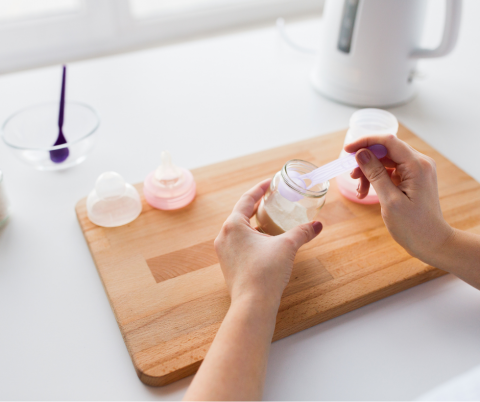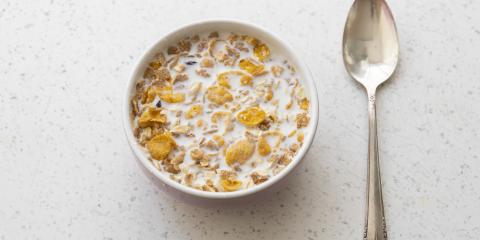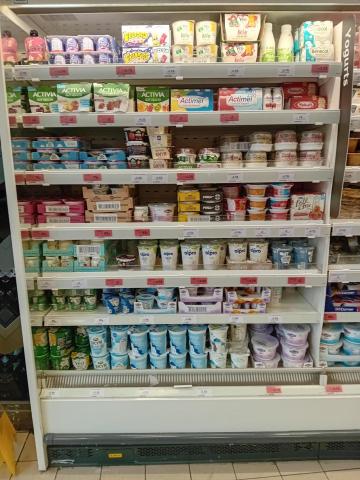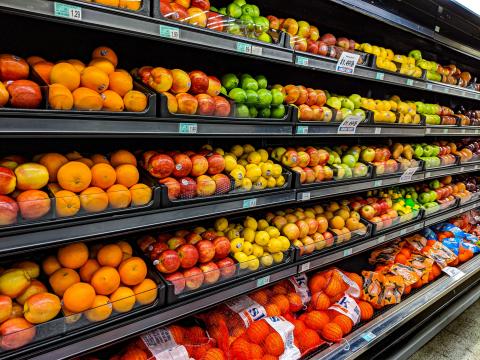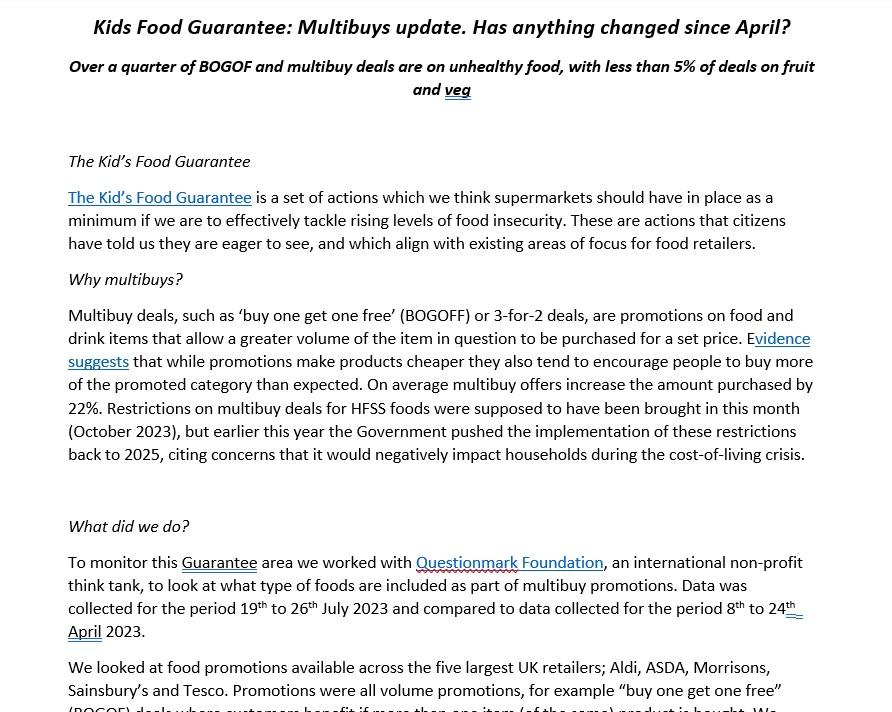
Kids Food Guarantee: Multibuys update - has anything changed since April?
Kids Food Guarantee: Multibuys update. Has anything changed since April?
Over a quarter of BOGOF and multibuy deals are on unhealthy food, with less than 5% of deals on fruit and veg.
The Kid’s Food Guarantee
The Kid’s Food Guarantee is a set of actions which we think supermarkets should have in place as a minimum if we are to effectively tackle rising levels of food insecurity. These are actions that citizens have told us they are eager to see, and which align with existing areas of focus for food retailers.
Why multibuys?
Multibuy deals, such as ‘buy one get one free’ (BOGOF) or 3-for-2 deals, are promotions on food and drink items that allow a greater volume of the item in question to be purchased for a set price.
Evidence suggests that while promotions make products cheaper they also tend to encourage people to buy more of the promoted category than expected.
On average multibuy offers increase the amount purchased by 22%. Restrictions on multibuy deals for HFSS foods were supposed to have been brought in this month (October 2023), but earlier this year the Government pushed the implementation of these restrictions back to 2025, citing concerns that it would negatively impact households during the cost of living crisis.
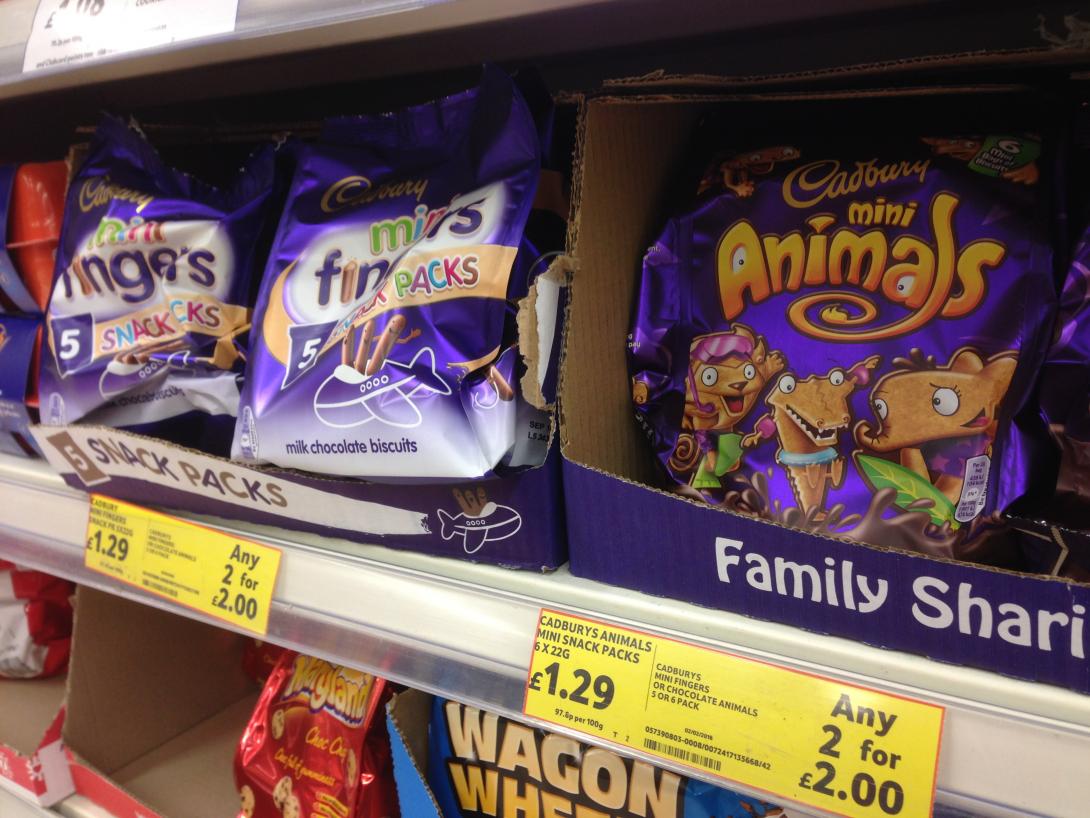
What did we do?
To monitor this Guarantee area we worked with Questionmark Foundation, an international non-profit think tank, to look at what type of foods are included as part of multibuy promotions. Data was collected for the period 19th to 26th July 2023 and compared to data collected for the period 8th to 24th April 2023.
We looked at food promotions available across the five largest UK retailers; Aldi, ASDA, Morrisons, Sainsbury’s and Tesco. Promotions were all volume promotions, for example “buy one get one free” (BOGOF) deals where customers benefit if more than one item (of the same) product is bought.
We looked at whether such offers were on High Fat, Salt, Sugar (HFSS) foods, staple carbohydrate products(1), and other healthy essentials such as fruit and veg.
We used the Government’s Nutrition Profiling Model to assess the healthiness of offers, which uses a wider, more rigorous definition of HFSS compared to the definition used for the restriction of location based promotion of HFSS foods.
Using this criteria foods scoring 4 or more points and drinks scoring 1 or more points are classified as high in sugar, salt and/or fat (HFSS).
For further details on the methodology used in the Kid’s Food Guarantee and our inclusion and exclusion criteria, read our technical report.
What does good look like?
Where retailers do offer multibuy deals, these should be on staple foods that contribute to a healthy diet, rather than discretionary foods that we ought to be eating less of. For example, promotions could support families to buy staple carbohydrates such as bread and rice, as well as fruit and veg, milk and eggs.
When we surveyed low income households in January about what would make it easier for them to feed their children well, 87% said they’d like to see retailers putting offers and promotions on staple foods like bread and milk.
This was the most popular of all the suggested actions citizens were surveyed on.
A recent survey by the Food FIO project of 600 adults living with food insecurity found that supermarket offers and promotions were ranked as one of the most helpful interventions for encouraging purchasing of healthy foods.
This tallies with the Food and Farming Commission’s work to explore what British citizens want from the food system over the course of the Summer.
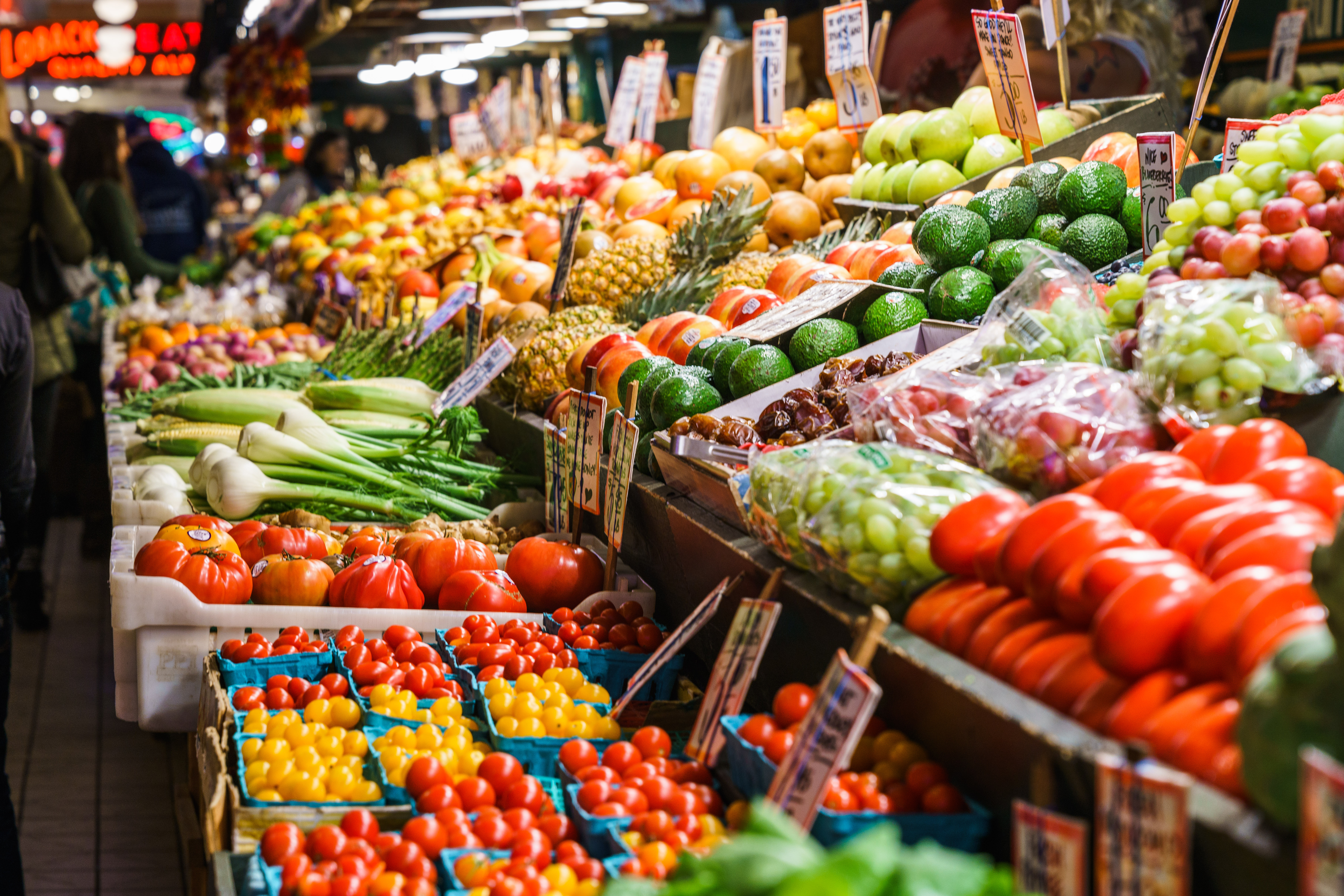
What did we find?
The offers available
Overall, amongst those retailers running multibuy deals, there was a 6% increase in the total number of multibuy deals offered in July compared to April.
We found that over a quarter (27.3%) of offers were on foods defined as high in fat, salt and/or sugar (HFSS). Encouragingly, this is a slightly smaller proportion of offers than in April, when 29% of offers were on HFSS foods.
However, it is possible this merely reflects the impact that seasonality and holidays have on supermarket promotions, given that Easter (when sales of foods such as chocolate and confectionary typically increase) fell during April this year.
A further look at multibuy offers in the future is required to determine whether the changes observed are part of a positive trend or just a normal fluctuation of figures.
There has also been a positive increase in the proportion of multibuy deals offered on healthier foods such as staple carbohydrates (defined as plain carbohydrates in their simplest form, including rice, pasta, grains, potatoes, lentils, beans and bread) and fruit and veg. 4.5% of multibuys in July were on fruit and veg, and 4.2% on staple carbohydrates, compared to 3.8% and 3% respectively in April.
A further 17% of deals were on foods where it is not possible to accurately determine the nutrition profile, and so these products could be either HFSS or non HFSS(2).
What type of products are typically on offer?
Although it is encouraging to see some small changes in the proportion of deals being offered on healthier foods there is still a long way to go before retailer promotions align with the government’s healthy eating advice.
The Government’s Eatwell Guide recommends that 38% of our diet consists of starchy carbohydrates and 40% consists of fruit and veg.
HFSS foods are excluded from the main food group recommendations, with the suggestion that where foods and drinks high in fat, salt or sugar are eaten, these should be eaten infrequently and only in small amounts.
Despite this, over a quarter of multibuy deals are on HFSS foods with very small percentages (less than 5% respectively) of deals on staple carbohydrates and fruit and veg.
No deals were found on eggs, and although 11% of deals were on dairy products, half of these offers on dairy are for cheese products (rather than milk or plain yogurt) which are typically high in saturated fat and classified as HFSS.
Do the types of products on offer vary across retailers?
Aldi and Sainsbury’s have a policy of not running multibuy offers, although our research identified that Sainsbury’s did have offers on alcoholic drinks running online in July.
Excluding promotions on alcohol, we found that Tesco, ASDA and Morrison’s continue to run offers on HFSS foods and non-alcoholic drinks, although the proportion of offers on HFSS foods fell very slightly at all three retailers compared to April which is positive.
Of the three retailers we analysed who offer multibuy deals, Tesco offer the smallest proportion of unhealthy (HFSS) items on promotion. 6% of Tesco’s offers are on HFSS products (as defined by the NPM model) - just under half the amount that Morrisons and ASDA offer.
ASDA have made the most progress since April overall, with an increase in the proportion of offers on non HFSS foods (including a 1.2% increase in offers on staple carbohydrates).
What we want to see
Where retailers do offer multibuy deals, and provided that any cost savings aren’t simply pushed back onto growers and producers, these offers should be on staple carbohydrates and healthy essentials like fruit and vegetables, milk and eggs rather than on less healthy, HFSS foods that we ought to be eating less of.
We would urge the government to reconsider their delay of the planned restriction on HFSS volume promotions.
Concerns that banning BOGOF deals will increase the burden on households during the cost of living crisis are misplaced, given that surveys consistently show citizens expressing a desire for supermarkets to support them to purchase healthier foods through offers and deals.
______________________________________
(1) Staple carbohydrates were defined as plain carbohydrates in their simplest form, including rice, pasta, grains, potatoes, lentils, beans (including dried and tinned), and loaves of bread (excluding rolls and pitta breads etc).
(2) The category ‘Other’ includes those products where nutrient information is missing online, which makes it difficult to calculate an (accurate) NPM score and determine whether the product is HFSS or not. The non HFSS category includes a wide range of foods with an NPM score of less than 4, including herbs and spices, composite foods, as well as fruit, veg and milk.
